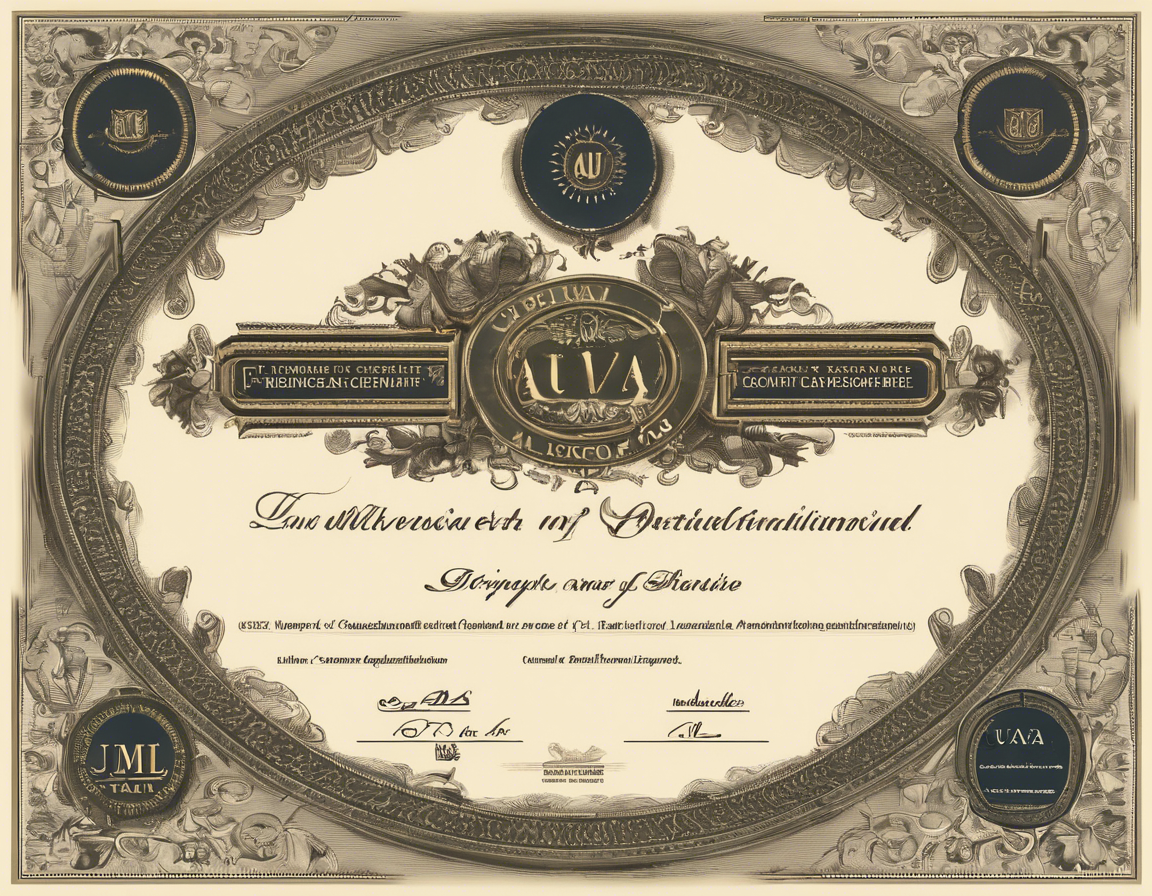When it comes to watching movies, the films that make it to the big screen go through a rigorous process of censorship and classification to ensure th
When it comes to watching movies, the films that make it to the big screen go through a rigorous process of censorship and classification to ensure they are suitable for different audiences. One of the methods used for this purpose is the issuance of a certification by the Central Board of Film Certification (CBFC) in India. One such certification is the U/A certificate. In this article, we will delve into what the U/A certificate means, its implications, and why it is important for both filmmakers and audiences.
What is a U/A Certificate?
The U/A certificate stands for “Universal/Adult.” This certification from the CBFC indicates that the film is deemed suitable for unrestricted public exhibition but with a warning that parental discretion is advised for children below the age of 12. In other words, children under the age of 12 can watch the movie under parental guidance. The U/A certificate is one of the several classifications provided by the CBFC to ensure that movies are viewed by the appropriate audience according to their content.
Criteria for U/A Certification
Films are awarded the U/A certificate based on several factors, including:
-
Violence: The intensity and graphic nature of violence depicted in the film play a crucial role in determining the certification. Films with mild to moderate violence may be granted a U/A certificate.
-
Language: The type of language used in the film, including profanity, obscenities, and derogatory remarks, is taken into account during the certification process.
-
Sexual Content: Scenes depicting intimacy, nudity, or sexual content are carefully examined to determine if they are suitable for a U/A certification.
-
Themes: The overall themes and tone of the movie, including whether they are appropriate for young audiences, are considered.
Implications of U/A Certification
1. Parental Guidance:
One of the primary implications of a U/A certificate is that parents or guardians are advised to accompany children under the age of 12 when watching the movie. This is to ensure that children are able to contextualize and understand any potentially sensitive or mature content depicted in the film.
2. Audience Restriction:
While the U/A certificate allows for a broader audience compared to an A (Adult) certificate, it still restricts entry to children below a certain age without parental supervision. This helps in maintaining age-appropriate viewing experiences for audiences.
3. Content Sensitivity:
Filmmakers need to be mindful of the content they include in their movies if they are aiming for a U/A certification. This includes toning down explicit violence, language, or sexual content that may push the film into the A (Adult) category.
Why U/A Certification is Important
1. Audience Segmentation:
The U/A certification helps in segmenting the audience based on age-appropriateness, ensuring that viewers are exposed to content suitable for their maturity levels.
2. Parental Awareness:
By advising parental guidance for children watching U/A certified movies, the certification raises awareness among parents about the content of the film and enables them to make informed decisions about their children’s viewing habits.
3. Creative Boundaries:
For filmmakers, aiming for a U/A certification can challenge them to balance creative expression with societal norms and guidelines, thus fostering responsible storytelling.
Frequently Asked Questions (FAQs)
1. What is the difference between a U and U/A certificate?
Answer: A U certificate means the movie is suitable for unrestricted public exhibition. On the other hand, a U/A certificate indicates parental guidance is advised for children under 12.
2. Can children under 12 watch U/A certified movies?
Answer: Yes, but parental guidance is advised due to potentially sensitive content.
3. Can teenagers watch U/A certified movies alone?
Answer: Yes, teenagers above 12 can watch U/A certified movies without adult supervision.
4. What kind of content can lead to a U/A certification?
Answer: Mild to moderate violence, language, and themes that are considered suitable for young audiences.
5. Is it mandatory for filmmakers to get a U/A certification for their movies?
Answer: No, but a certification from the CBFC is required for public exhibition in India.
In conclusion, the U/A certification plays a crucial role in defining the audience suitability of movies and guiding parents, guardians, and audiences about the content they are about to watch. Filmmakers, on the other hand, must navigate the requirements of the certification to strike a balance between creative expression and responsible storytelling. By understanding the significance of the U/A certificate, both filmmakers and audiences can engage in a more informed and enriching cinematic experience.


COMMENTS